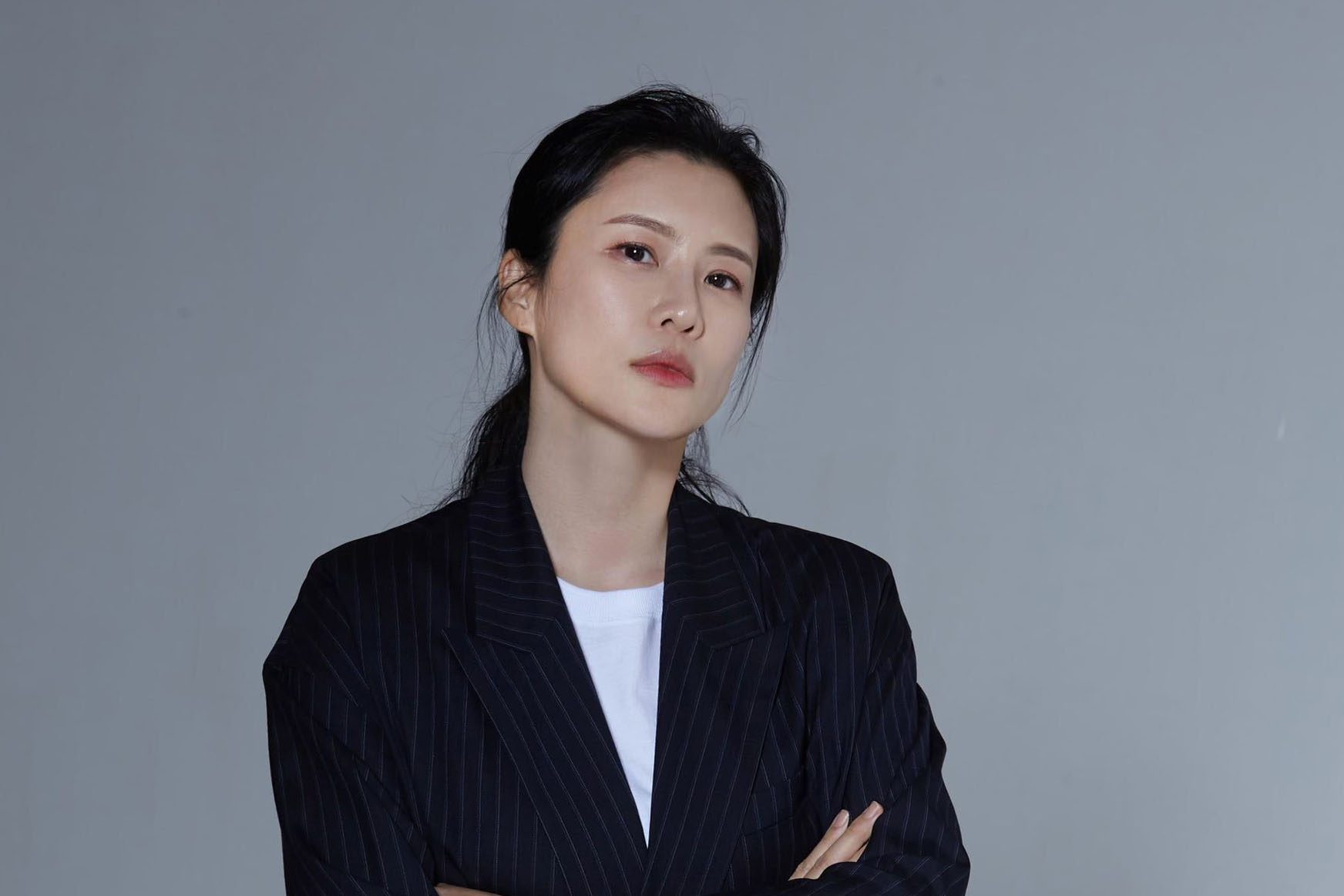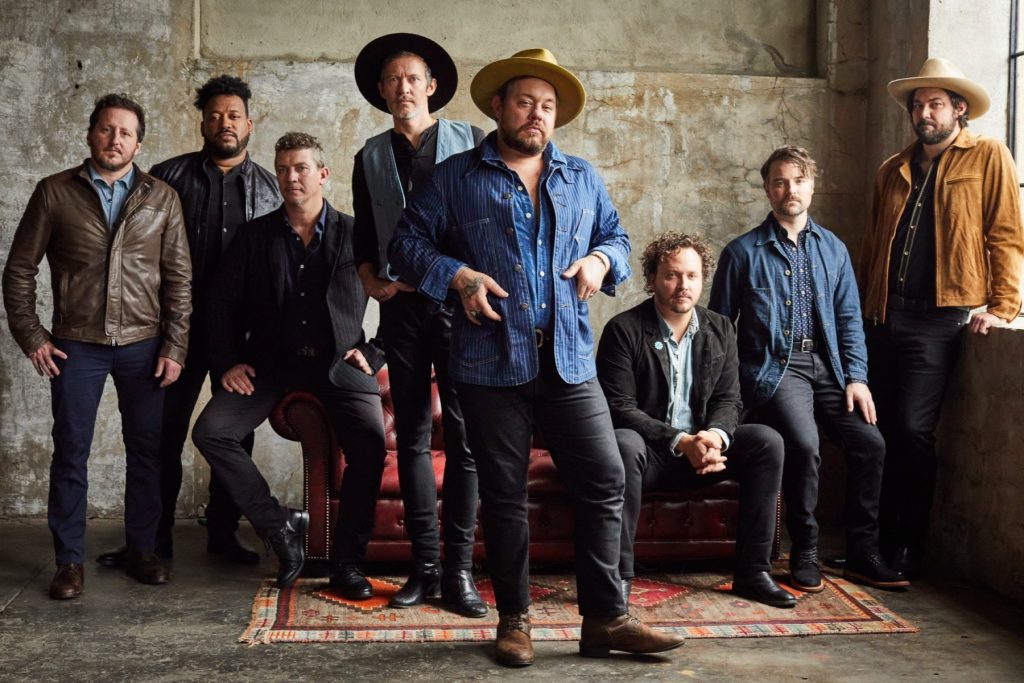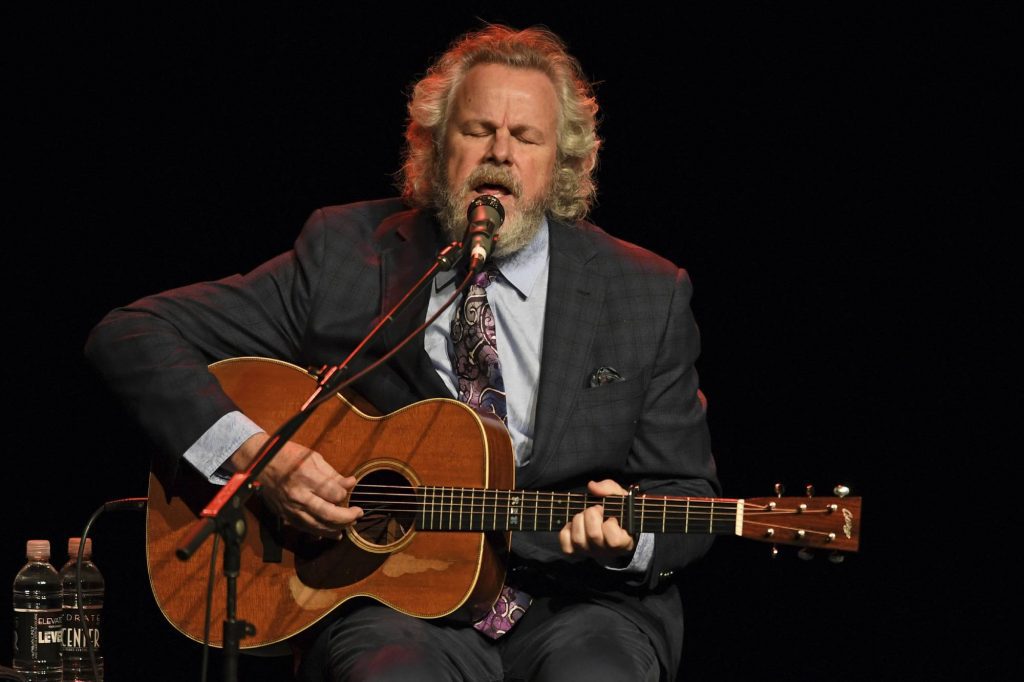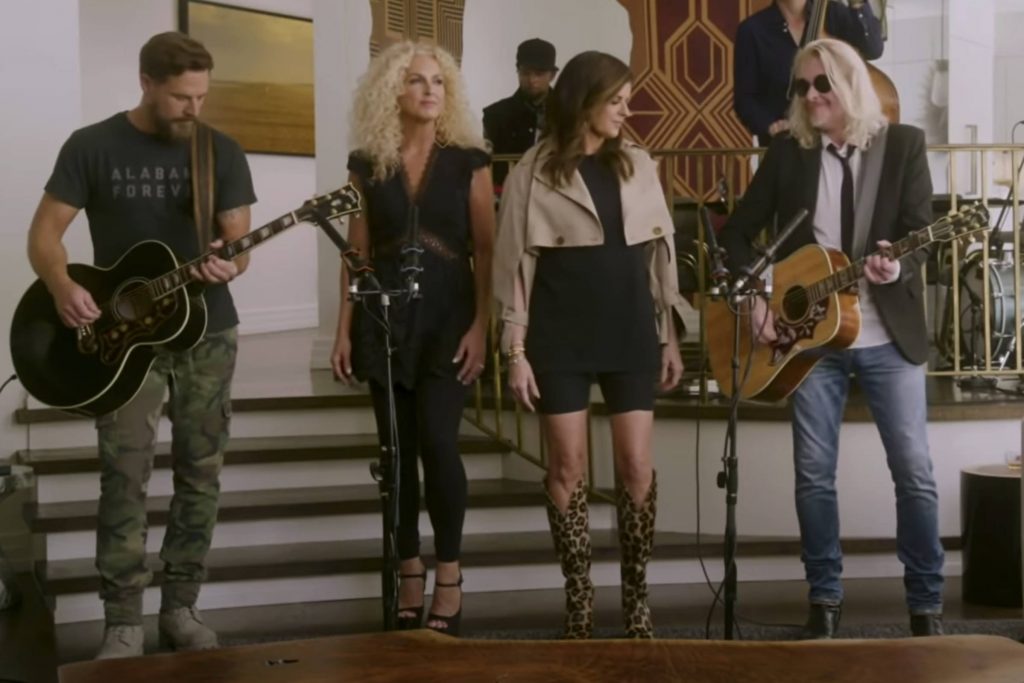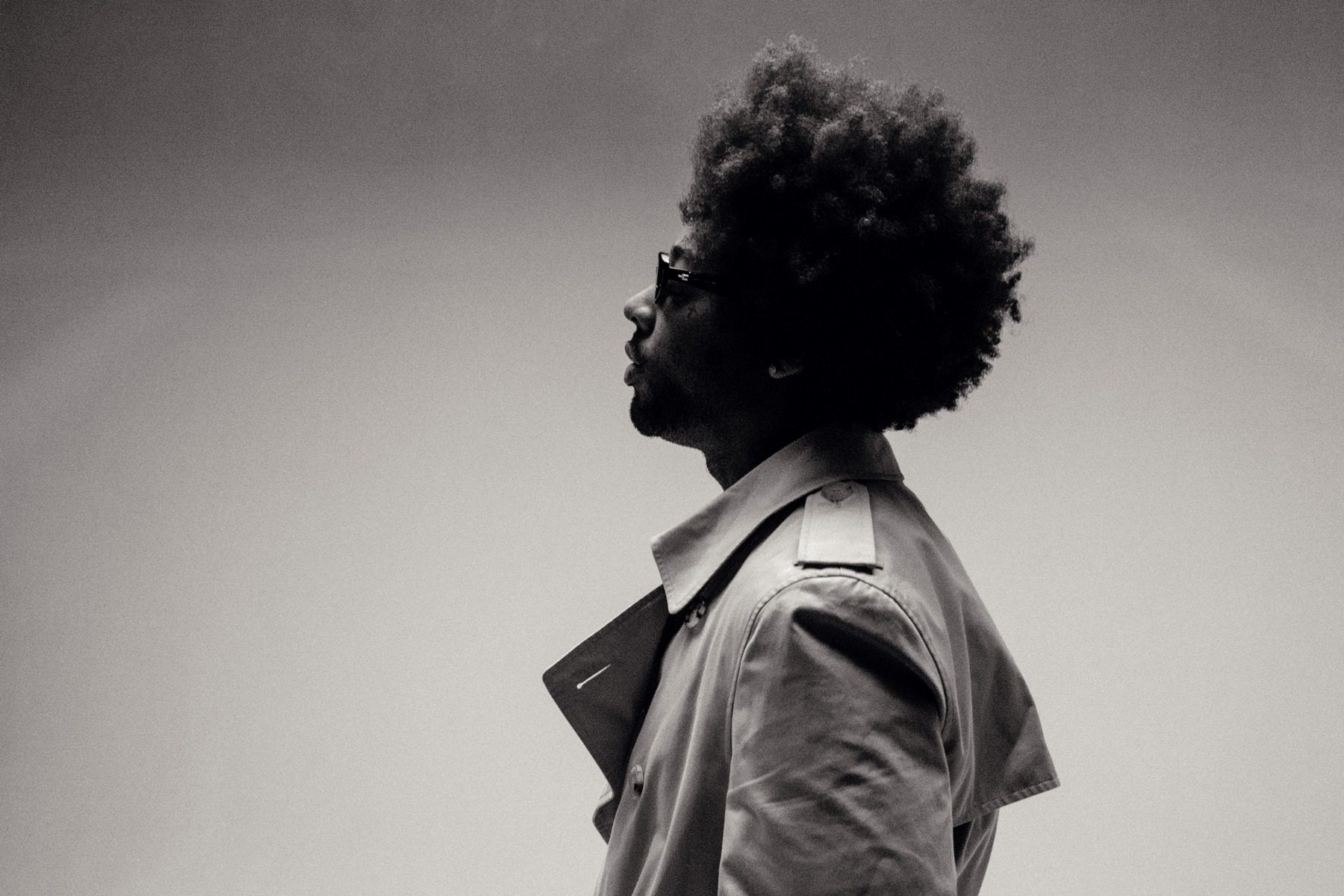
Brent Faiyaz Believes We Are Living In a ‘Wasteland.’ He Makes It Sound Damn Good
“I would like to apologize in advance for the person I’m gonna become once this album drops,” reads a billboard in New York’s Times Square. Plastered at the bottom is the single word Wasteland — the title to Brent Fayiaz’s long-awaited new album.
If you think the statement on the billboard comes off cocky, confident, or both, that’s just the reality of the expectations that Faiyaz and his team have for this album. “I think people don’t know that I’ve only given you, like, 25 percent,” says the Maryland native, Goyard bag in hand, as he sits across from me in the same spot where we met two years ago in IndieLand’s office.
With just that 25 percent, Faiyaz has managed to create a cult-like fanbase that will pull up within hours of him posting his location in lower Manhattan and swarm his car to get a chance to see him. Much like the Weeknd early on, Faiyaz has used mystique and music to build his following and become one of the most prominent voices in R&B today. That voice is what makes him stand out most; reminiscent of Aaliyah’s, it’s smooth and never overbearing. He’s sung not just about love or the lack thereof, but everything from police brutality to sex and drugs with brutal honesty. His background in production and approach to song structure creates a journey for listeners in every track. It’s hard to think he ever second-guessed singing and considered becoming a rapper before the fame.
pic.twitter.com/EuSNpMaUkh
— Stephanie Ketty (@stephanieketty) July 5, 2022
After dropping his EP Fuck the World in 2020 during the midst of the pandemic, Faiyaz says he was beginning to “make more money than I ever had” thanks to streaming. He currently sits at around 11 million monthly listeners on Spotify, and just last year he collaborated with an all-star list of musicians including the Neptunes, Tyler the Creator, and Drake, to name a few. He did it all as an independent artist, in case you’re wondering what label he’s signed to. “I didn’t plan any little bit of this shit,” he says. “Everything that I had planned ended up either not happening or going past what the fuck I thought it was gonna be. I’m beginning to embrace shit.”
He had moved to Atlanta in 2020 while dating a woman who lived there at the time, but found himself protesting in the city’s streets like so many others due to a series of police killings of people of color. It was during this time that he came up with the title and concept for his new album. “We’re in the middle of a pandemic, it’s still unjust treatment by police on our [Black people’s] end, so I’m just looking at shit like, ‘Damn, motherfuckers still treating us like shit, still killing niggas,’” Faiyaz says. “For me, Wasteland is just what I felt like we living in with this post-pandemic cluster-fuck of emotions. You got motherfuckers taking women’s rights away. There’s just so much shit going on in the world at large. But I still get caught up in the vices. I still want to buy some shit. I still want to fuck bitches. I still want to get wasted every other night. So I’m gonna make songs about at least how I feel in the moment so I can figure out what the fuck I really want to do.”
Out of the 19 songs featured on Wasteland, 16 are all-new and previously unreleased. On “Loose Change” the intro, Brent addresses his struggles with the fame he’s acquired and battles with love, while tracks like “Role Model” and “IndieLand” are likely fan favorites where he shines over tempo shifts and splendid strings. “Jackie Brown” might serve as the song with the most quotable lyrics from the album, with the kind of lines we’ve become accustomed to from Faiayz, (“My old bitch fine like Jackie Brown” or “leave me here I’ll fuck myself”) while “Addictions” serves as a song suming up the whole album’s theme and a picture Brent has been painting since he reached stardom, singing “Maybe it’s the love, the drugs, the weed, the pussy, maybe it’s all the above/maybe I don’t need a hug, maybe I’m just fucked up.”
We caught up with the DMV singer and producer to discuss the making of his new album, how his recent collaborations came together, what’s next, and more.
Last time we talked, you had just dropped Fuck The World, which became a success despite the pandemic. With each project you release, you’ve kept your fanbase satisfied while also growing it. How do you manage to do that?
Just maintaining that transparency. Keeping that shit true to my life. For me, I feel like the moment you find yourself trying, that shit kind of fizzles and becomes something that’s contrived. So I’m just doing me. How I approach this music shit is kind of like a painter. I just like to make it as perfect as I possibly can. This is what I feel is right. This is what I like — here you go.
You dropped a couple of big singles last year, starting with “Gravity,” produced by DJ Dahi and featuring Tyler, the Creator. How did that come together?
That was a collaboration with an activation we had done with Adidas. Adidas had booked studio time and put us together. I hit Dahi and we got in the studio. Honestly, I think that kind of elevated my sound, getting in there with Dahi and seeing how he produces and how he goes about that shit, along with a lot of other producers I’ve been working with. That particular record, I wanted to make something that didn’t sound like nothing else, and I feel like we definitely accomplished that. Just because it was so weird, I had to get to the weirdest nigga on it. This shit sound weird as fuck, like Tyler would hop on this shit. He was like, “Bet.” We had already been cooking up hella records, so this shit was like a no brainer.
Last summer you dropped “Wasting Time,” which was produced by the Neptunes and featured Drake. I was listening to your episode of Pharrell’s OTHERtone podcast, where you came on and talked about linking up with him to make something — and that actually came true.
Niggas ain’t waste no time, bruh, but it was a blessing being out there and cooking up with them fools. Him and Chad have been on some shit for decades. I went out there with nothing else in mind than getting one of them records. I was like, “If I don’t ever work with them again, I’m gonna get one of them.” Me and Drake have been talking about collaborating for a minute. So I was just like, “Bro, hop on this shit I just did with Neptunes in Miami.” He was like, “Say less.”
I remember in that episode of OTHERtone, Pharrell was talking about how he likes to create in Miami. What are some of the places that you feel a connection to when you create?
Everywhere. Even with this album, I did this in every city. I did some of it in New York, some of it in Atlanta. Some of it in Los Angeles, some of it in the Bahamas. Everywhere. I just like cooking up wherever I’m at, and I catch a vibe just naturally. If I am out and I’m faded and I feel a type of way that makes me want to write something, I’ll just be like, “Somebody book me some studio time,” wherever. Fly the engineer out so I can cook some shit up right here, right now.
Speaking of your creative process and songwriting, I wanted to know from the moment that you begin writing versus when we hear the finished product, what is your timeline like?
It depends. I’m really glad you asked me that, because I wouldn’t have got this album done without The-Dream. He is one of the people that I work with when I get stuck on records for a long period of time. I’ll start something and I’ll be halfway done and I just won’t know where to take it. I don’t want to fuck it up just to finish it. So I’ll just kind of sit on it for a little bit. But I call him like the finisher, bro. Like, he pulls up and just body it. Then he will pull the next one up, and finish ideas that I already had in my arsenal that I didn’t know how to fully get out. He came in on a smooth four or five of these shits, just came through.
So my process is very long and drawn-out. Sometimes I might get in the studio and finish it that day and other times I might just sit on shit for months. That’s why the music took so long to come out, because I didn’t want to put out any bullshit. I wasn’t doing that. I’m not gonna cheat people who actually care about my music and what I got to say. I figured I’m gonna either wait until I can finally get these words right and get this shit out of my head, or I’m going to bring in the best to help me get this idea out.
The-Dream is known for his songwriting and has worked with everyone including Beyoncé. Do you see yourself helping write for other artists in the future?
Absolutely. I had done my fair share of songwriting early on when I was first getting started, but I haven’t had much time to really pen shit for other artists as of recently. But once this shit come out, that’s what I plan to do a lot. I definitely want to create a sound or a way of formulating songs and words to put it together as distinct as my own personal style.
Alicia Keys is featured on your album on a song called “Ghetto Gatsby,” and she is actually rapping on there. How did that come together?
I had a part that I wanted a woman rapping, but I didn’t want to get the cliché “just go get a woman rapper.” ‘Cause there’s a certain way I want to approach this shit. So I hit Alicia, like, “Yo, I got this record, you trying to rap on it?” She was like, “Yeah, what you got for me?” I played her the reference I had and how I wanted to sound, and she went in there and knocked that shit out. I wanted the specific Alicia Keys voice from when she was talking to Mos Def on “You Don’t Know My Name.” Just like that. Her talking voice is sexy. It was perfect, like effortless. I want more motherfuckers to get Alicia Keys rapping on records.
You also worked with Raphael Saadiq on this album, how did that come together?
Yeah, he produced a couple records on here. He produced “Angel” and played the bass on “Ghetto Gatsby,” he played the guitar on “Loose Change.” He’s all over the album. The way we connected was through the homie Kerby Jean-Raymond [fashion designer and Pyer Moss founder]. I met Saadiq on my birthday. It was some random shit. Kerby was like, “What are you doing?” I’m like, “At the crib.” I don’t be planning my birthdays for real. He was like, “Shit, pull up, I am chilling with Saadiq.” So we just rapping and shit, and we ended up going to Tems’ show. Like just kicking it, on some random shit. Then I end up linking with bro when I get back to Los Angeles. I’m like, “Shit, let’s get in the studio, let’s cook something,” and he had some unreleased ideas that was like something I ain’t never heard. He has so many just instrumentals and guitar loops and all types of shit where it’s like, “Bro, what are you doing with this?”
He was like, “Man, I only give my good shit to Solange, D’Angelo, and now you.” I’m like, “Good looking.” Laced my shit, I ain’t gonna hold you. He was like, “I only give my shit to a couple motherfuckers, but I fuck with you.” I knew I couldn’t half-step on a record that he gave. Nah, fuck that.
I know No I.D. helped produce on this album and you’ve worked with him in the past, but producer Jordan Ware was a big part of crafting the sound on Wasteland, too?
Yeah that’s [No I.D.’s] big bro. Jordan is a big reason and responsible for me putting this album together in the way that it sounds, as far as structure and sonically the shape of this. I had never made music on strings before. Like, I never did any records on string instrumentation. After we did “Dead Man Walking,” and then right after that, I went in and did “Ghetto Gatsby,” and it was a couple other ones that I started recording around that same time, I knew pretty much the body of the album and the shape of it, how I wanted it to sound. I want to give it this lush, elegant feel to it while still talking some real shit. And he is the only person that can get that shit. He got these offsetting bass notes. For whatever reason, the shit really makes sense, and it was easy for me to write on his shit, so we damn near did the whole album together.
Can you speak more towards why you structure your songs the way you do? Sometimes it is just your voice and then an instrumental along with some harmonies, or you will have drums build up and kick in. Even sometimes transitioning into a whole new song, or changing the tempo mid-song like on “Price of Fame.” Where does that come from?
I just hate for people to listen and know where it’s gonna go. I don’t want somebody to listen and already have an idea or think, “This is where it’s gonna go.” So I like to keep the listener guessing. Within the first couple of seconds, I want them to have no idea where the fuck this gonna go. I like when everybody press play on one of my records and they don’t know what the fuck they are gonna get, but know by the end of it, they will like it.
I think it’s easier for me to tell stories like that, too. I like approaching the record like you’re watching a play, or musical theater, where little instrumentation can create a certain emotion or give out a certain color or a certain feel just in one little part and never come back again. Then something else comes in at this part and this is how you know when shit gets thick, and it gets troubling, or this is when it gets peaceful. I like instruments telling that story. And then meanwhile, I can just sing my lyrics on it and they can all complement each other well, like a soup or some shit.
At what point did you feel like you were actually done with making Wasteland?
We were listening to it for a while, because initially it was gonna be 13 records. Then it was just little things that were missing about it. It was a narrative I felt like wasn’t all the way told, it was some sonic moments that I didn’t get a chance to create yet. So I went back in the last two to three months and cut more new ideas.That’s when I felt like it was done. When I was like, balls to the wall, this shit gotta be done-done. I was like, “All right, let me cook some last-minute shit up with this in mind. Whether or not this makes the album, let me just cook up some whole new shit and see what I can get.” That’s when I got a lot of the best ideas. That’s when I got the shit with Saadiq, that’s when I got a lot of records that came towards the end of the project, when I was just making shit, because I knew that the album had to come out. Let’s get this production, let me soak up some game, let me talk with whoever I got to talk to, to bring the shit where it is. That’s when I was rapping a lot with Alicia and talking a lot to No I.D. and talking a lot to Saadiq. Just trying to get insight on what I can do with this to make this better. Seeing how I could perfect this body of work.
I don’t know if you remember when a picture of you and Future went viral, at least on Black Twitter, with everybody kind of saying you’re gonna create a toxic anthem together — but it was also fans having an appreciation for both of your work. At this point in your career, you’ve already worked with some of your dream collaborators, like the Neptunes. Who else would you want to work with?
Probably Babyface, Missy, Beyoncé, and Mariah Carey. When you were talking about writing and getting back in my writing bag, I really want to bring my sauce and bring my sound and shit that I know I’m good at to acts I’ve been listening to my whole life and just see how a collaboration would sound. Seeing how if I produced this shit, how someone would sound on it type shit. Really see how I can mesh well with artists that inspired my own shit.
Since the last time you toured, you have three bodies of work that fans haven’t heard live yet. Is there a tour coming, and how are you going to deal with creating that setlist?
Yeah, that shit gonna be crazy. I’m going to have to pick which ones on certain nights or something, because no matter what it is, bro, they are going to know it word-for-word. I guess whichever ones is the newest ones, I’m probably going to definitely do them because it’s just newer. But shit, damn, the old ones too. I will have to figure it out. That’s gonna be a long-ass setlist.
